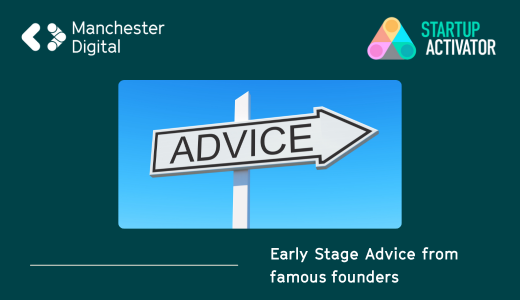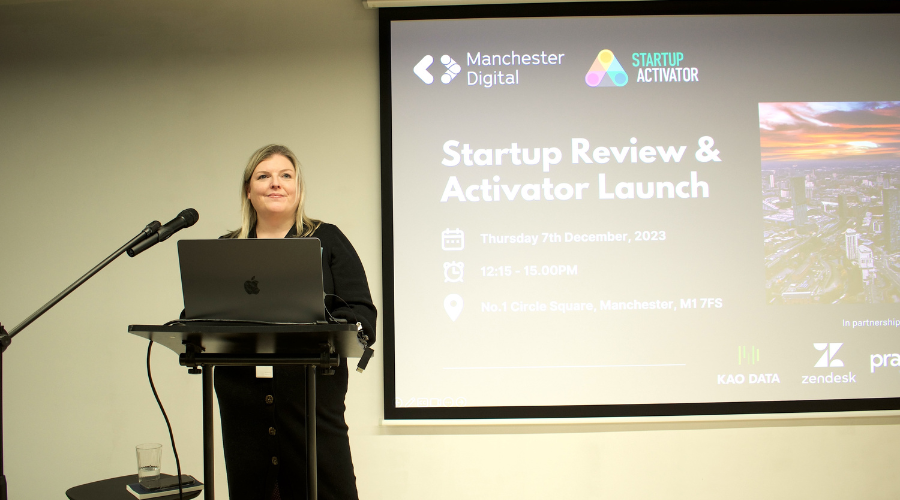
If one of the main reasons startups fail is due to a lack of market demand, then the importance of a carefully planned and executed marketing strategy cannot be understated.
But if you don’t have a background in marketing, it can be difficult to know where to start and harder still to find the time and resources to put a plan into action.
It’s certainly worth considering though, as an effective marketing strategy can raise brand awareness, generate leads and turn them into customers. It’s an essential step on the way to bringing in revenue and achieving long-term success.
Here are some of the steps you can consider when thinking about marketing your startup.
Identify your target audience
It may sound obvious, but one of the first and most important steps is to gain an understanding of who could benefit from your product or service.
Make a profile of your target audience, asking what their demographics, interests and pain points are. Where are they and what’s the best way to reach them?
Once you understand your potential customers, you can ensure that your marketing reaches them and that they find compelling.
Create your brand
A strong and memorable brand can be a key differentiator for startups operating in crowded markets., and should encapsulate your core values, character and mission.
Take the time to figure out your core values, character and mission statement and ensure this is reflected in all aspects of your brand, from your visual identity through to your brand voice.
If you don’t have the skills in-house and your budget allows, you may want to work with a branding expert and/or graphic designer through this stage.
Build your website
Your website will be your main digital hub for marketing activities, and the place where most people will discover and learn about your business.
Whilst there are a lot of options out there these days for building the site yourself, if you’re not experienced in web design it’s worth investing in a professionally designed site which is well optimised for UX, mobile responsiveness and search engines..
The site should communicate clearly who you are, what you do, the problems that your product/service solves and enable customers to purchase or get in touch with you.
Once your website is up and running, use tools such as Google Analytics to track traffic and see how people are interacting with your site.
Create engaging content
A well executed content plan can build brand awareness, showcase your expertise and attract potential customers.
Consider what types of content would work for your brand, such as blog posts, case studies, whitepapers, videos or infographics and commit to consistently producing them.
Set up social media channels
When it comes to social media, one of the first steps is to register your business across the different channels (even the ones you’re not sure whether you’ll use at this stage).
In most cases, it will probably be X (Twitter) and LinkedIn that you use the most (unless your brand is particularly well suited to channels such as Instagram and TikTok), so use these channels to share content and post insights. As a founder, you’ll also want to build your own personal brand on LinkedIn.
If budget allows, you might want to consider running paid ads on some of these platforms to reach new customers.
To conclude
These are just some of the aspects to consider when pulling together a marketing plan for your startup, though there are of course many other marketing channels and techniques to be utilised.
Marketing will be an ongoing effort for your business and what’s more, it will require continual analysis and optimisation to render the best results.
However, your marketing strategy will be a critical component to establish your brand, generate leads and increase revenue, and needs to be considered as early as possible.









